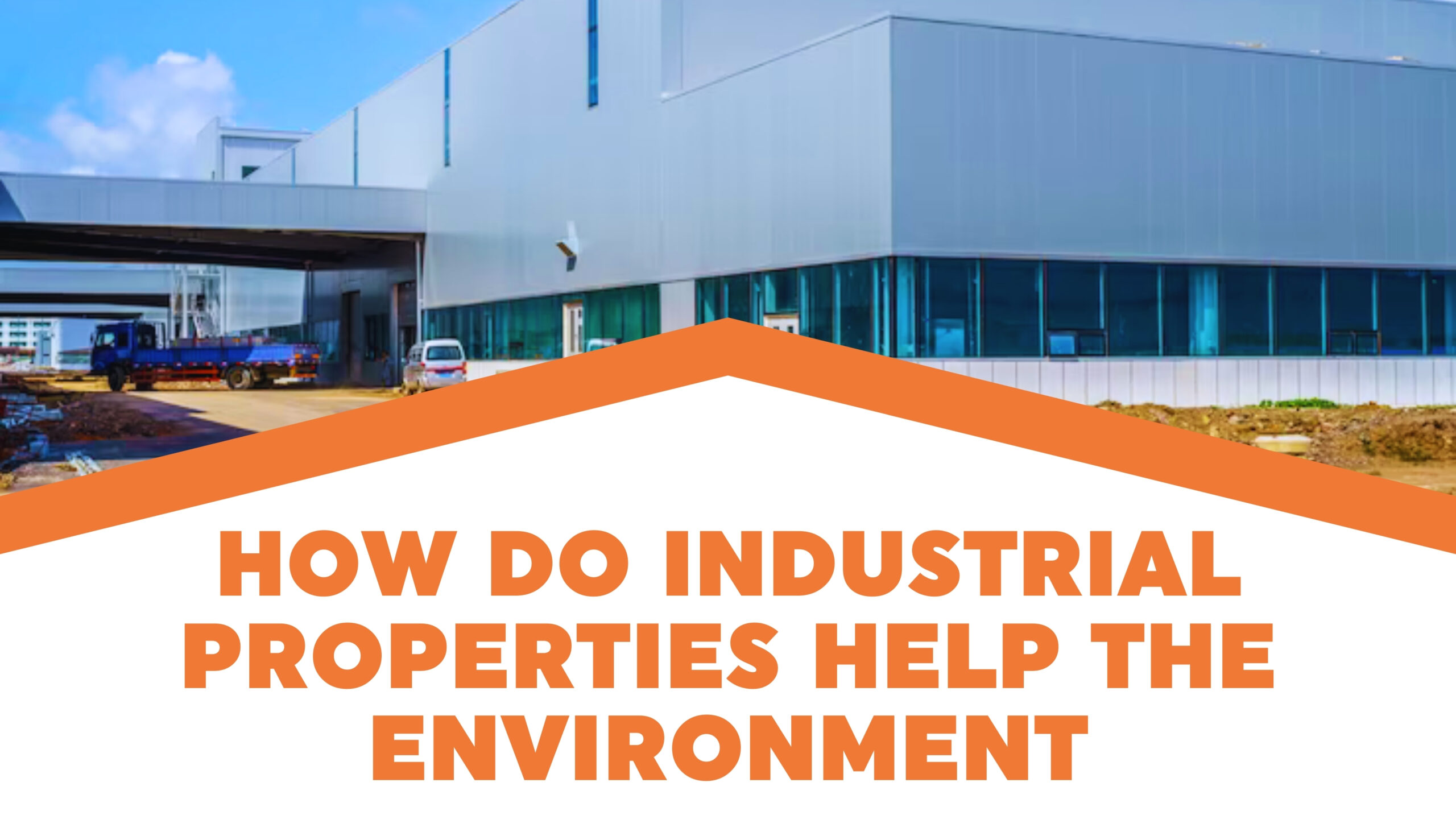The industrial sector is growing at an exponential rate with the passing of time. Industrial properties are often stigmatized for their environmental impact. However, with recent developments, they are emerging as strong contributors to sustainability and environmental protection. Through various strategies and innovations, these properties are actively working towards minimizing their footprint while maximizing positive environmental impact. In this blog, you will see the various strategies that industrial properties take to become more sustainable.
Green Design & Construction
Industrial properties for sale are integrating sustainable practices from the ground up. Utilizing recycled materials, renewable energy sources like solar panels, and energy-efficient systems such as LED lighting and smart ventilation, these designs significantly reduce carbon emissions, resource consumption, and overall environmental strain. Some properties are even taking up green building practices. It includes creating structures and processes that are environmentally responsible and resource-efficient throughout a building’s life cycle. It is an innovative way to reduce operational costs and improve energy and water efficiency.
Resource Recovery & Waste Reduction
Cutting-edge technologies enable industrial spaces to optimize resource usage and reduce waste generation. Methods like water recycling, wastewater treatment, and material recovery from production scraps conserve resources, alleviate landfill burdens, and contribute to a circular economy. It reduces the emission of greenhouse gasses that contribute to global climate change. This helps make a sustainable environment for those who are living or operating in and around the property.
Pollution Control & Mitigation
Too many industries and commercial buildings in a single place often result in increased pollution in the area. This causes lung diseases and other health problems in those who spend the majority of their time there. Thus, it is essential to make sure that industrial properties are ensuring proper control of their activities that may cause harm to the environment. Stricter environmental regulations have led to significant advances in pollution control within industrial settings. Employing air pollution filters, wastewater treatment plants, and noise reduction technologies, these measures safeguard surrounding ecosystems and public health.
Sustainable Supply Chains
A supply chain involves the people, organizations, resources, activities, and technology that contribute to the creation and distribution of a product. It takes up a lot of energy to produce some of these products that are essential for our daily use. Industrial entities are creating responsible supply chains and collaborating with suppliers who are committed to eco-friendly practices. They are employing sustainable transportation options and reducing packaging waste. This approach minimizes products’ overall environmental impact throughout their life cycle.
Innovation & Green Technologies
Green technology is a broad term. It involves the use of science and technology to reduce human impact on the planet. It includes renewable energy, sustainable transportation, waste management and recycling, and energy efficiency solutions. The industrial sector is a hub of innovation, driving advancements in clean technologies such as renewable energy generation, energy storage, carbon capture, and green manufacturing processes. These innovations contribute to a cleaner and more sustainable future for the planet.
Green Jobs and Economic Growth
Embracing greener practices fosters opportunities for green jobs in renewable energy, environmental engineering, and waste management. Green jobs are works that contribute to preserving or restoring the environment. They are becoming more prevalent due to the emerging “green sectors” that deal with renewable energy. This not only supports environmental conservation but also fuels economic growth and diversification.
Challenges and Considerations
Despite the promising potential for positive environmental impact, challenges persist. Implementing sustainable practices often requires substantial initial investments and ongoing operational changes. Effective environmental regulations and enforcement are also pivotal. Collaboration among industries, governments, and communities remains crucial for sustainable progress. Commercial properties for sale are now being equipped with proper waste disposal and facilities to reuse and recycle them.
The Bottom Line
Industrial properties are shedding their old image as mere environmental liabilities. By adopting green designs, resource efficiency, innovative technologies, and responsible practices, Ganesh Complex is now actively contributing to environmental protection and a more sustainable future. They now stand as champions of sustainability, playing a significant role in fostering a healthier planet for generations to come.









